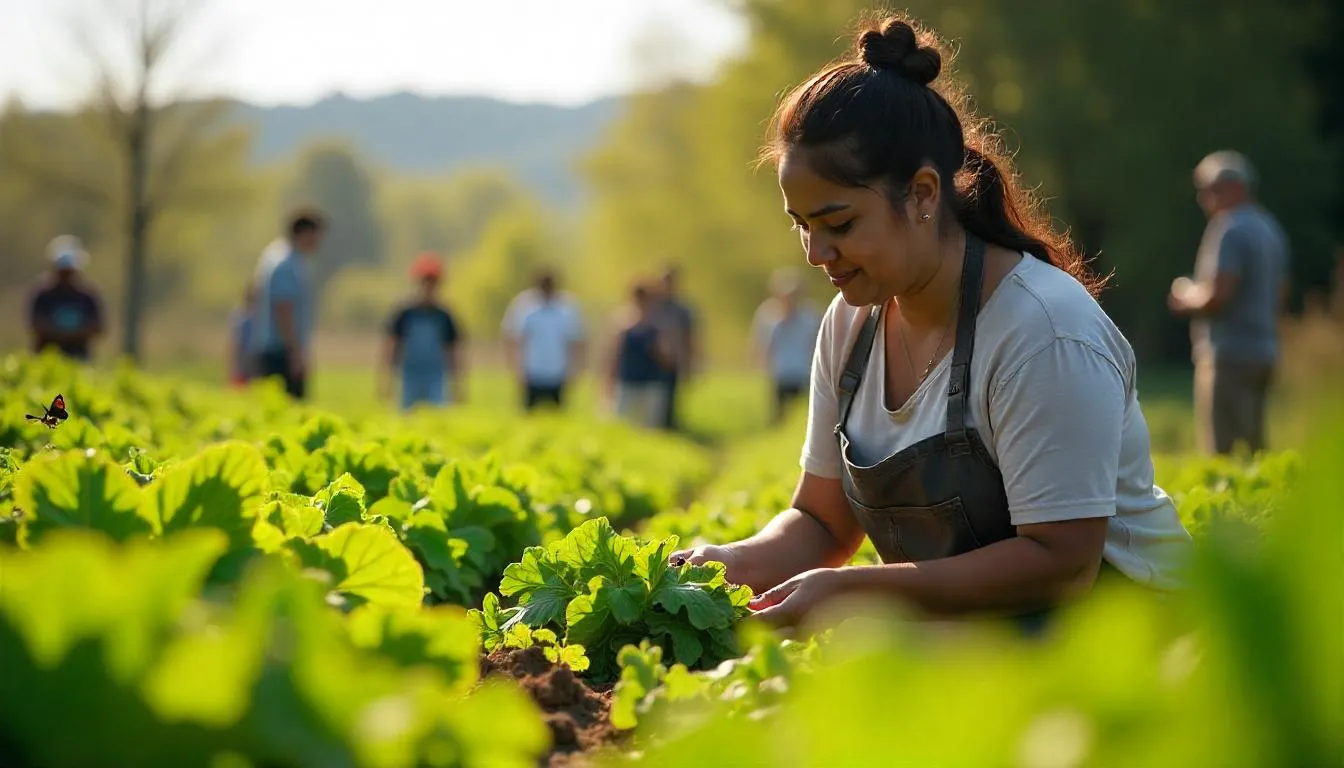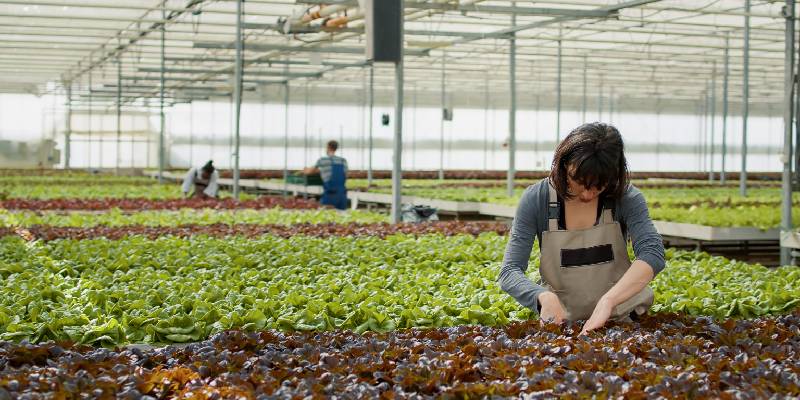Have you ever wondered how the food you eat is grown and what impact that has on the planet? Farming plays a huge role in sustaining life on Earth, but traditional agricultural practices can harm the environment in many ways.
With climate change, soil depletion, and water shortages becoming more pressing concerns, how can we farm in a way that benefits both the planet and future generations? The answer lies in sustainable agriculture.
In this article, we’ll break down 20 sustainable agriculture practices for farmland that help reduce environmental impact and promote healthier farming.
At Sanjeevani Farms, a managed farmland company in Bangalore, we recognize the importance of adopting these sustainable practices.
One of the best examples is Silverwoods Farms, where we implement all of these sustainable practices to ensure that the land thrives for generations to come.
What is Sustainable Agriculture?
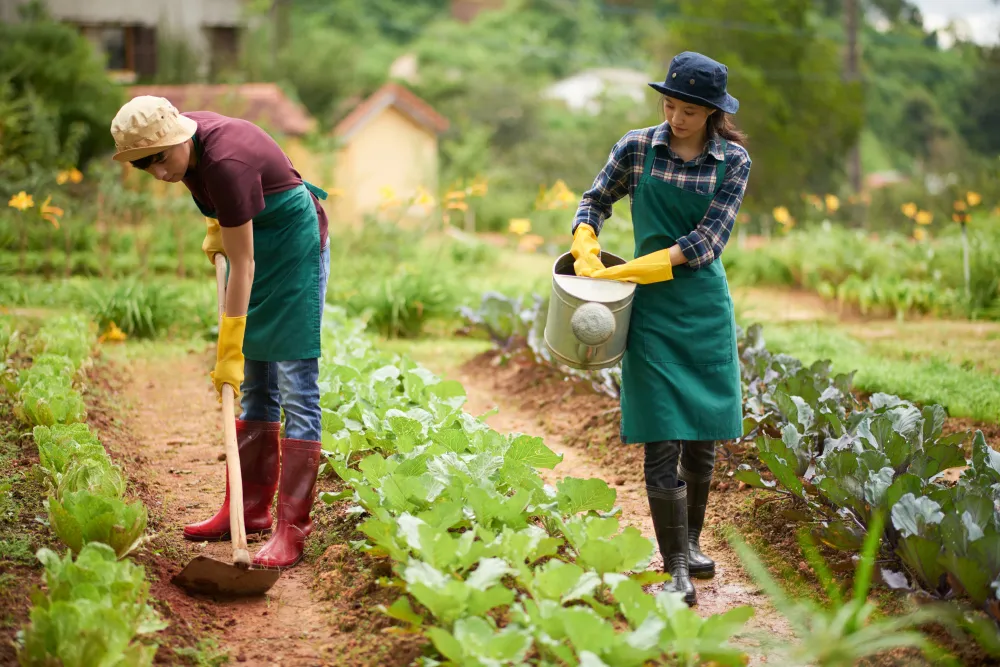
Sustainable agriculture refers to farming practices that are environmentally responsible, economically viable, and socially beneficial. It involves growing food in ways that conserve natural resources, promote healthy ecosystems, and support local economies.
Unlike conventional farming, which often relies on chemicals, excessive water use, and monoculture, sustainable agriculture aims to balance production with environmental care.
Key elements of sustainable agriculture include:
- Soil Conservation: Protecting and enhancing soil quality through techniques like crop rotation and reduced tilling.
- Water Efficiency: Using methods such as drip irrigation to conserve water and reduce waste.
- Biodiversity: Encouraging a variety of plants and animals to create a balanced, resilient farm ecosystem.
- Reduced Chemicals: Minimizing or eliminating the use of synthetic pesticides and fertilizers in favor of natural alternatives.
Sustainable agriculture ensures that food production is both eco-friendly and long-lasting, benefiting both people and the planet.
Core Principles of Sustainable Agriculture
Sustainable agriculture follows a few core principles that guide farmers toward more environmentally friendly and economically viable farming methods.
These include:
- Working in Harmony with Nature: Sustainable farming practices work with nature rather than trying to dominate it. This means utilizing natural processes like crop rotation, composting, and encouraging biodiversity.
- Conserving Resources: Sustainable farming prioritizes the efficient use of water, energy, and land, which ensures that these resources are available for future generations.
- Promoting Biodiversity: Farms that focus on biodiversity not only benefit the environment but also have more resilient crops and healthier soil.
Why the Shift from Conventional to Sustainable Farming?
Conventional farming has long supported food production, but its environmental toll is undeniable.
The heavy use of chemical fertilizers, monocultures, and short-term focus has harmed ecosystems and human health.
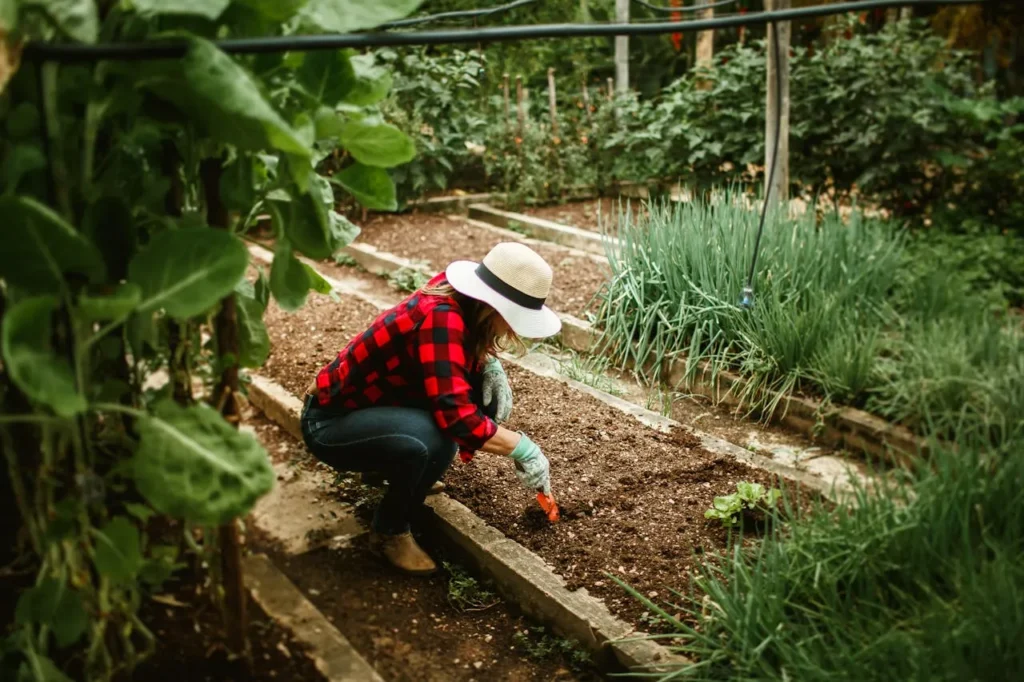
In contrast, sustainable farming offers several key benefits, making it a wise choice not only for the environment but also for sustainable investment opportunities in the long term:
- Environmental Protection: Minimizes pollution, reduces soil erosion, and prevents water contamination by limiting chemical inputs like pesticides and fertilizers.
- Improved Soil Health: Practices like crop rotation, composting, and minimal tillage help maintain soil fertility, prevent degradation, and ensure long-term land productivity.
- Water Efficiency: Techniques such as drip irrigation and rainwater harvesting conserve water, reduce waste, and ensure crops receive optimal hydration without draining local water resources.
- Biodiversity Enhancement: By diversifying crops and integrating trees, these practices support wildlife, improve pollination, and create healthier ecosystems.
- Reduced Greenhouse Gas Emissions: These methods lower carbon emissions by reducing the reliance on synthetic fertilizers, fossil fuels, and intensive machinery.
- Economic Profitability: Lower input costs and access to organic markets make these farming practices more cost-effective, leading to better long-term profits for farmers.
- Healthier Food Production: Reduced chemical usage means healthier, chemical-free food for consumers, improving nutrition and reducing health risks associated with pesticide exposure.
- Community Benefits: These practices support local economies, provide fair wages, and create jobs, fostering a stronger and more resilient community.
20 Key Sustainable Agriculture Practices That Benefit the Planet and People
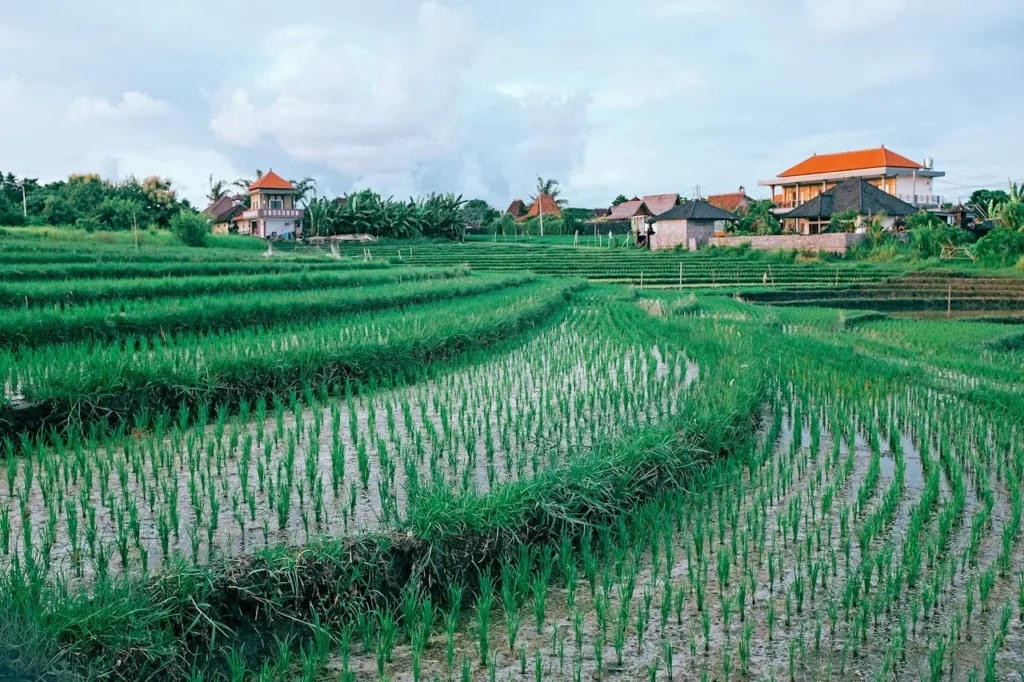
Sustainable agriculture aims to balance the need for food production with environmental health, social equity, and economic profitability.
Adopting these practices helps to ensure that farming is viable and productive for generations to come, while also protecting natural resources and biodiversity.
Here are 20 key sustainable agriculture practices that benefit both the planet and the people who depend on it.
Crop Rotation
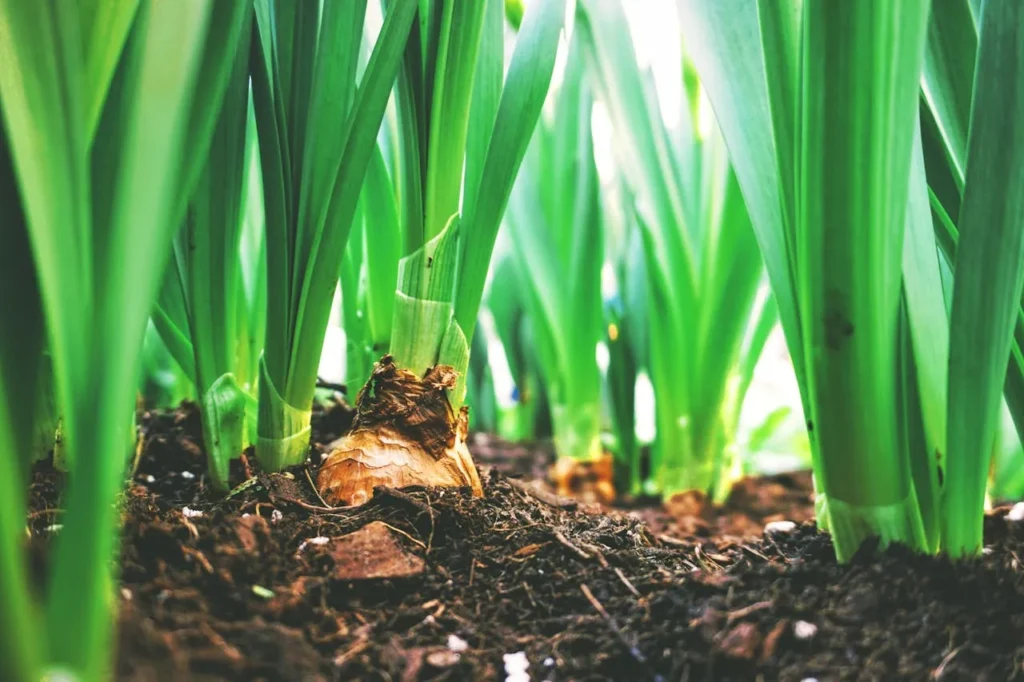
Crop rotation involves growing different crops on the same land in a sequence over time. This practice helps prevent soil depletion by ensuring that the soil nutrients are replenished with each crop cycle.
Additionally, rotating crops reduces the build-up of pests and diseases that target specific plants, lowering the need for chemical pesticides. It also helps break up weed cycles and improves soil structure.
Cover Cropping
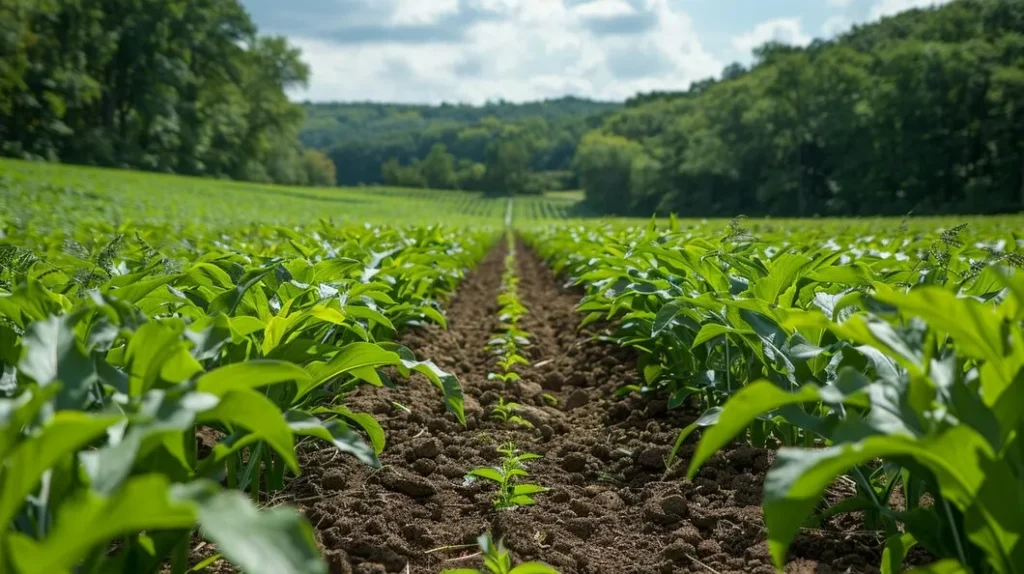
Cover crops, such as clover, rye, or legumes, are planted between harvests to prevent soil erosion, improve soil fertility, and enhance moisture retention.
These plants provide ground cover, which reduces the risk of wind and water erosion. They also help fix nitrogen in the soil, which benefits subsequent crops by naturally enriching the soil with nutrients, reducing the need for synthetic fertilizers.
Organic Farming
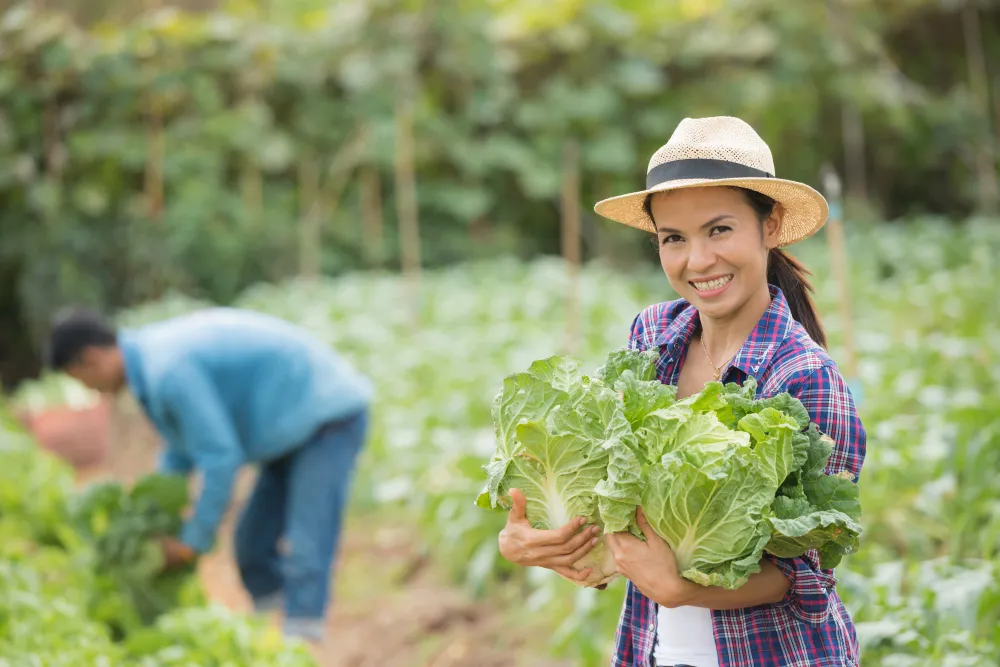
Organic farming avoids the use of synthetic pesticides, herbicides, and chemical fertilizers. Instead, it uses natural methods such as composting, crop rotation, and biological pest control.
This practice improves soil health, reduces chemical runoff into water systems, and helps maintain biodiversity.
Organic farming systems also tend to have lower carbon footprints compared to conventional methods due to the reduced reliance on chemical inputs and fossil fuels.
Agroforestry

Agroforestry is the integration of trees and shrubs into crop and livestock farming systems.
Trees provide shade, windbreaks, and habitat for wildlife, while also improving water retention in the soil and preventing erosion. The organic matter from trees can enrich the soil, while their deep roots help recycle nutrients from the subsoil.
Agroforestry also helps capture carbon, mitigating the effects of climate change.
Reduced Tillage
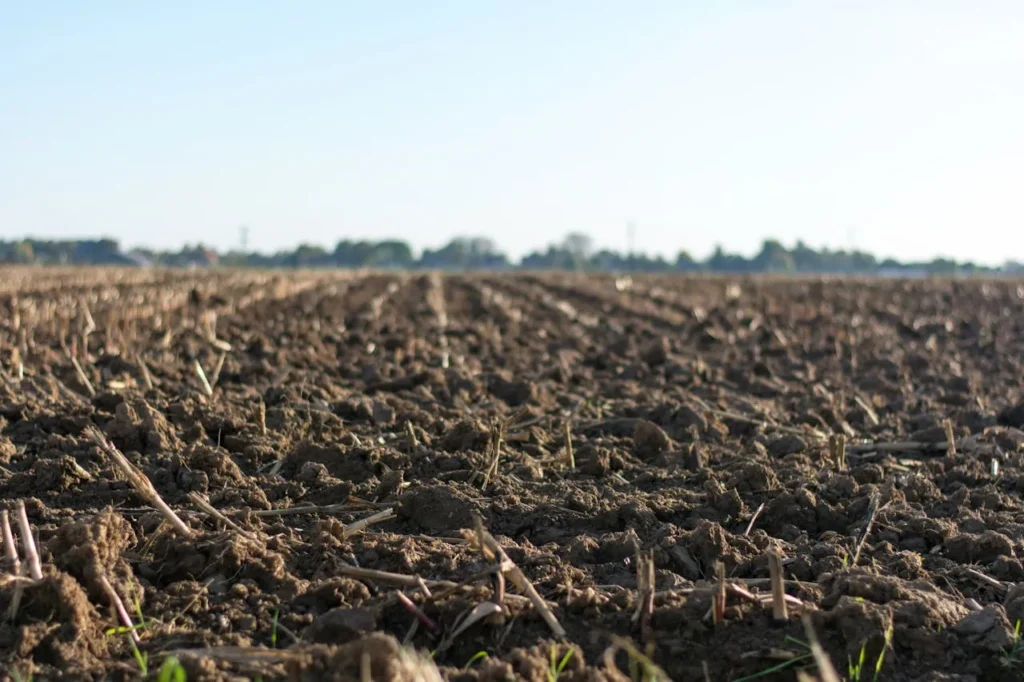
Tillage is the process of turning over the soil to prepare it for planting.
While traditional tillage can disrupt soil structure and lead to erosion, reduced or no-till farming methods disturb the soil less, helping preserve its integrity.
Reduced tillage improves water infiltration, retains moisture, and encourages the presence of beneficial soil organisms such as earthworms, which help aerate the soil.
Conservation Tillage
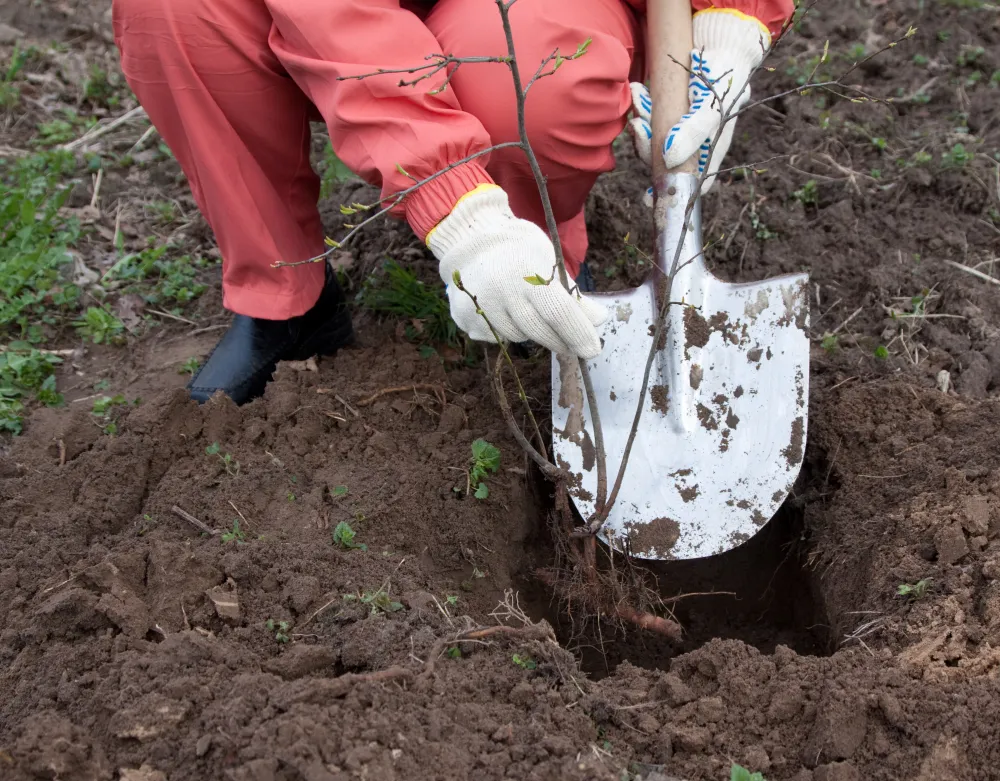
Conservation tillage is a more advanced form of reduced tillage where farmers disturb the soil as little as possible, maintaining crop residue on the soil surface.
This practice helps protect against erosion, improves water retention, and creates a more resilient soil ecosystem.
The residue left on the surface acts as a natural mulch, which suppresses weeds and prevents soil degradation.
Integrated Pest Management (IPM)
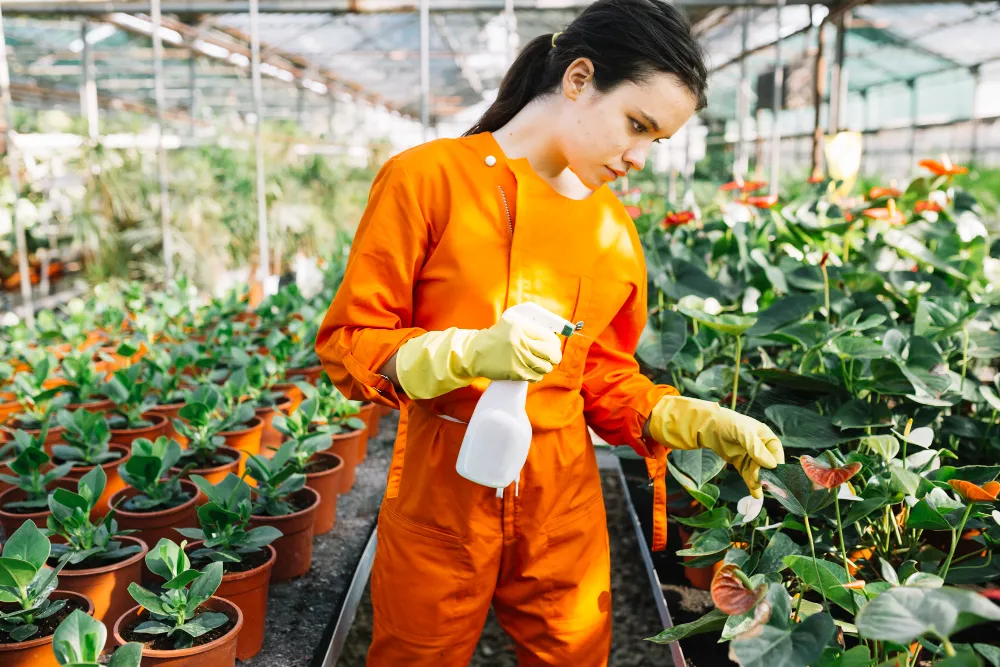
IPM is an environmentally friendly approach to controlling pests using a combination of biological, cultural, and mechanical methods.
Instead of relying on chemical pesticides, IPM encourages practices such as introducing natural predators (e.g., ladybugs to control aphids), using crop-resistant varieties, and practicing proper field sanitation to reduce pest habitats.
This approach helps maintain a healthy balance between pests and beneficial organisms, reducing environmental harm and improving crop resilience.
Precision Farming
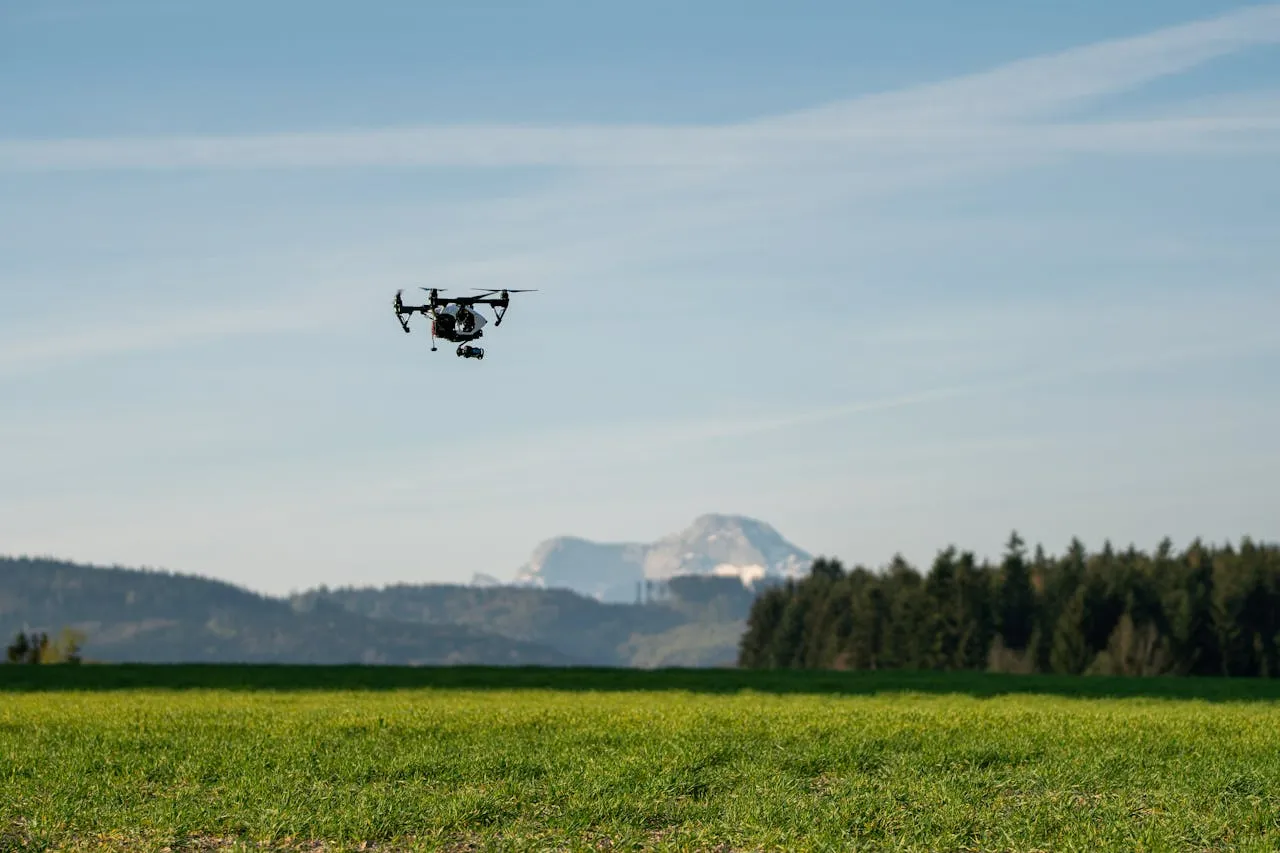
Precision farming uses technology like GPS, drones, sensors, and data analytics to optimize farming practices.
It allows farmers to monitor crop health, soil moisture, and nutrient levels with great precision. This results in more efficient use of resources such as water, fertilizers, and pesticides, reducing waste and improving yields.
Precision farming is particularly beneficial for large-scale operations that need to improve efficiency and sustainability.
Water Conservation Techniques
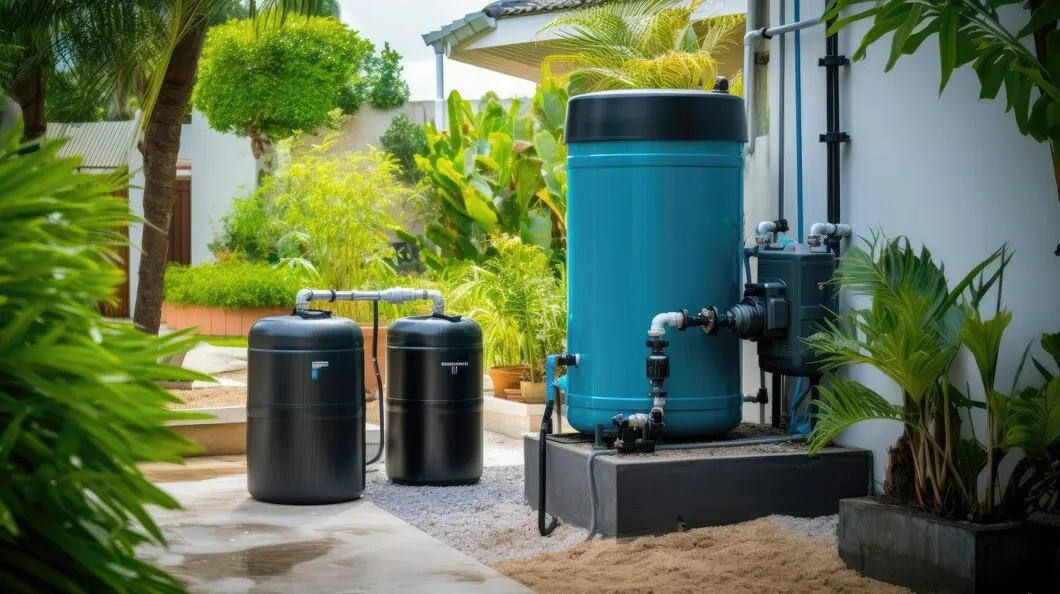
Water is one of the most critical resources in agriculture. Sustainable farms use advanced irrigation techniques such as drip irrigation, which delivers water directly to the plant roots, reducing evaporation and water wastage.
Additionally, rainwater harvesting systems allow farmers to capture and store rainfall for later use, further conserving water resources during dry spells.
Rainwater Harvesting
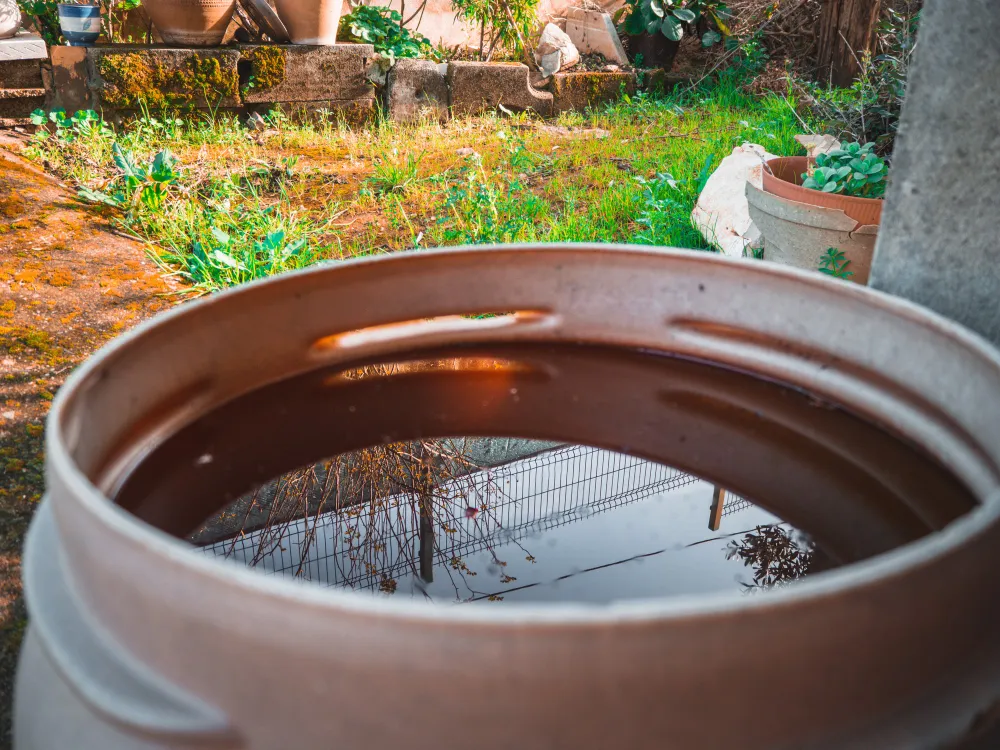
Rainwater harvesting involves capturing and storing rainwater for use in irrigation, reducing dependence on groundwater or external water sources.
This practice is particularly useful in areas where water scarcity is a concern. By using rainwater, farmers can ensure that their crops receive the necessary moisture without stressing local water supplies or contributing to water scarcity.
Crop Diversity
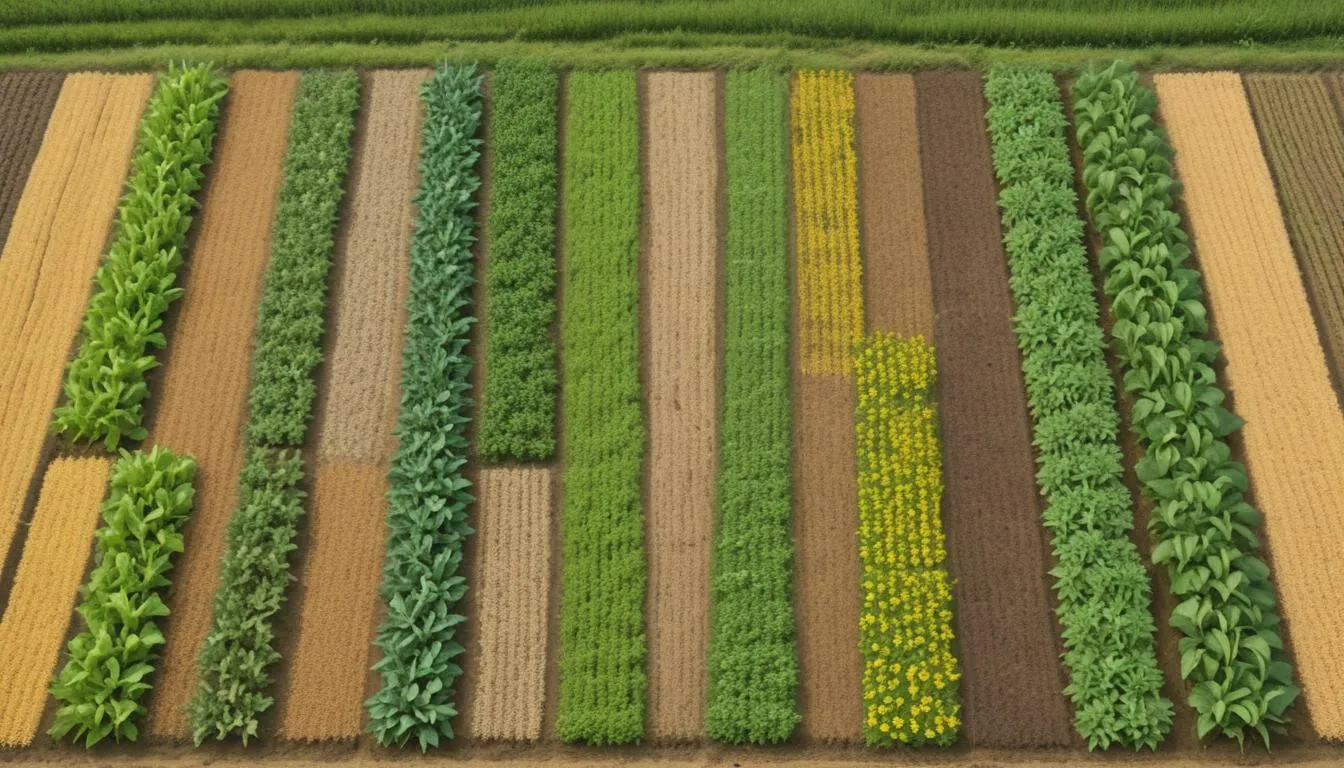
Growing a variety of crops on the same farm reduces the risks of crop failure due to pests, diseases, or weather conditions.
Crop diversity also promotes soil health by preventing nutrient depletion and encouraging a balance of organic matter. By cultivating diverse crops, farmers also reduce their dependency on one single market, thus enhancing economic stability.
Composting

Composting involves the breakdown of organic materials like plant debris, food scraps, and manure into nutrient-rich compost that can be used as natural fertilizer.
This practice helps improve soil structure, enhance nutrient cycling, and reduce the need for chemical fertilizers.
Composting also reduces the amount of organic waste sent to landfills, contributing to waste reduction efforts.
Mulching
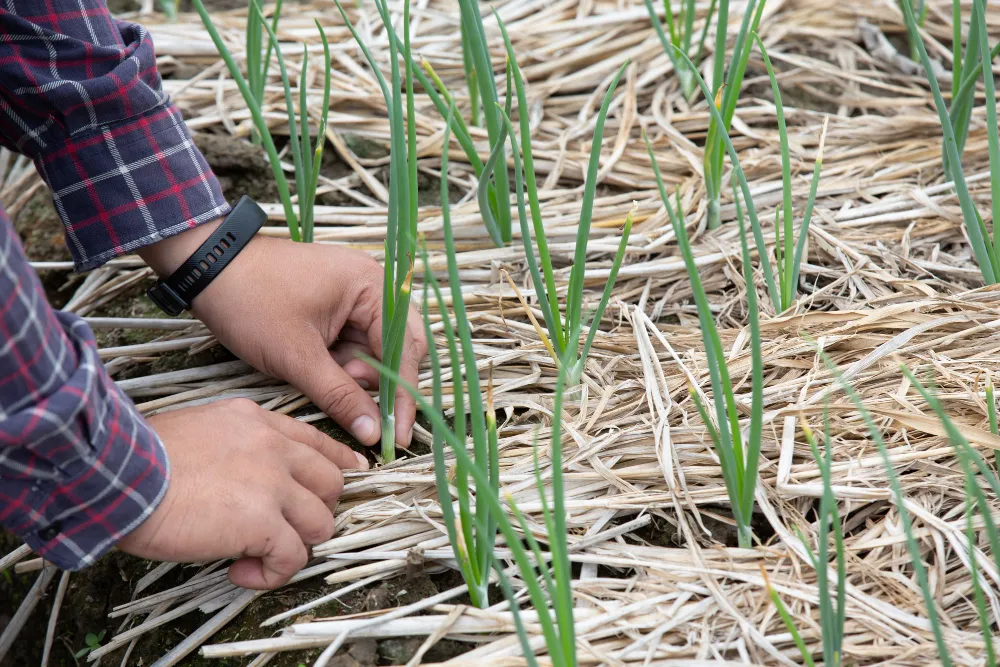
Mulching involves covering the soil with a layer of organic materials such as straw, wood chips, or grass clippings.
This practice helps retain soil moisture, suppress weeds, and improve soil structure. As mulch decomposes, it adds organic matter and nutrients to the soil, improving its fertility and health over time. Mulching also reduces the need for synthetic herbicides and fertilizers.
Livestock Integration
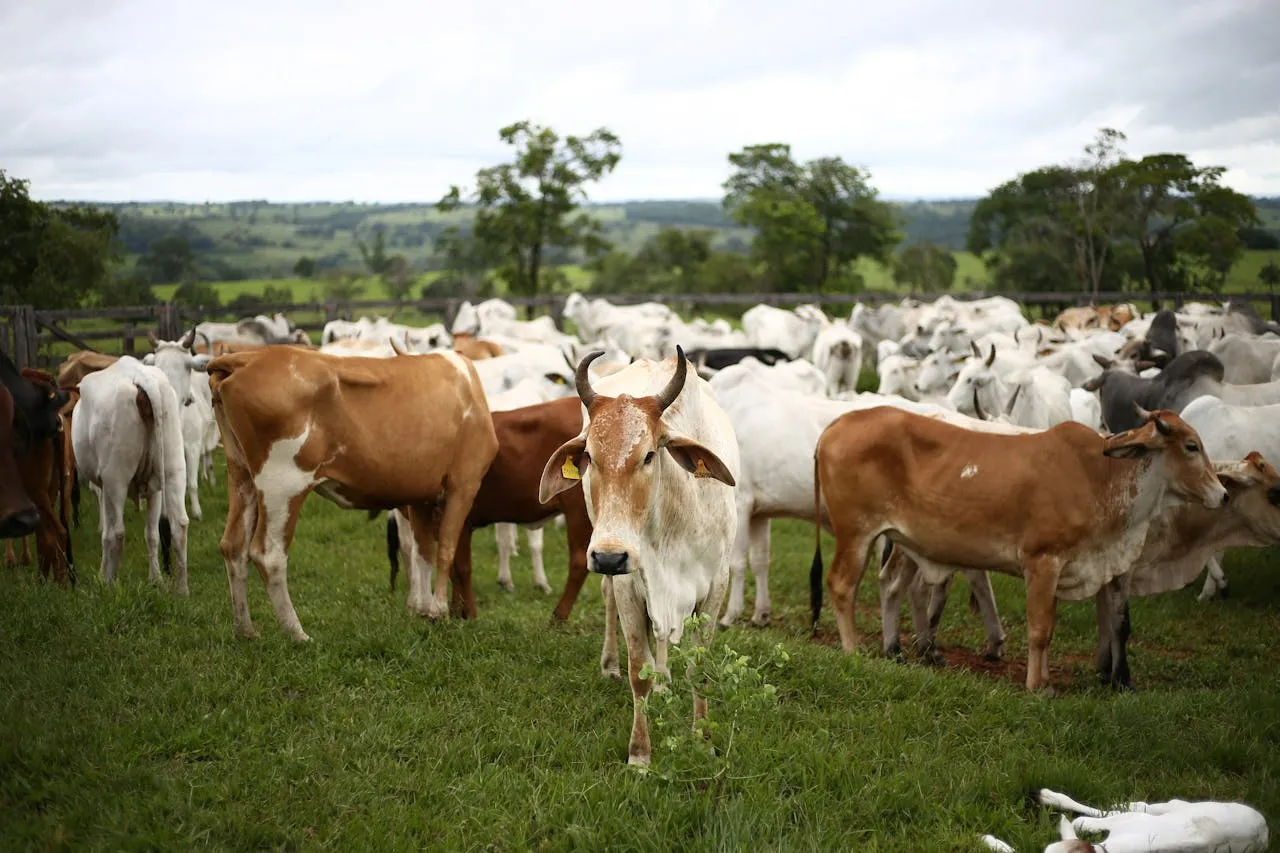
Integrating livestock with crop production can improve farm sustainability.
Livestock provides manure that can be used as natural fertilizer, reducing the need for chemical fertilizers. In return, crops provide feed and pasture for livestock.
This integrated approach helps close nutrient cycles, promotes soil fertility, and enhances farm biodiversity.
Crop-Livestock Systems

This system combines both crop and livestock farming on the same land, creating a more diversified and resilient farming system.
The manure from livestock can enrich the soil, while crops can provide feed for the animals. This creates a circular economy on the farm, improving resource use efficiency and helping to maintain ecosystem balance.
Pollinator Support
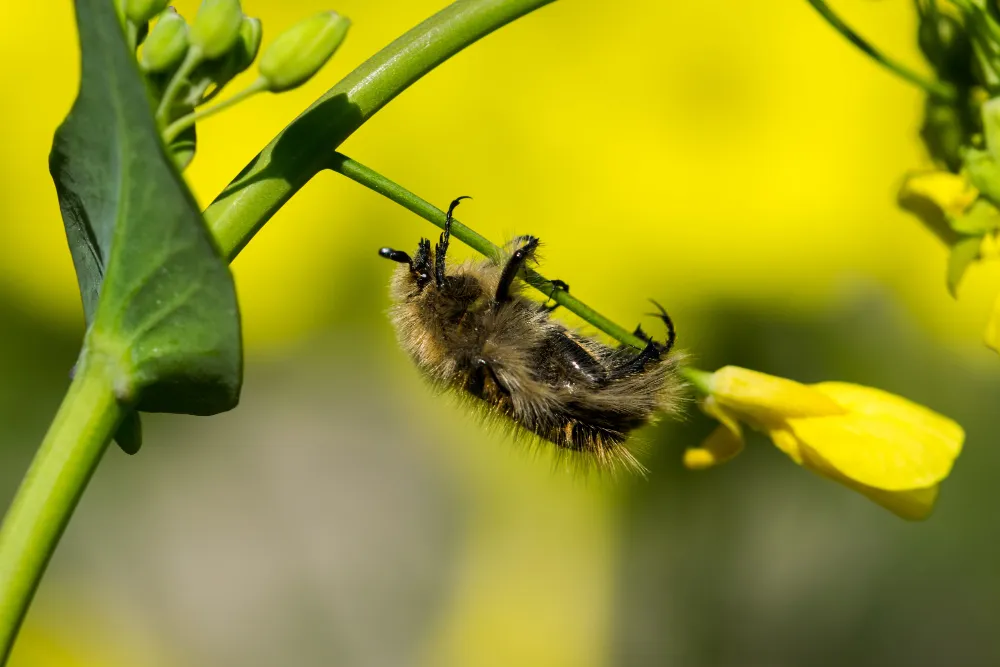
Pollinators, such as bees, butterflies, and other insects, play a crucial role in crop production.
Sustainable farms often create habitats to support pollinators by planting flowering plants and avoiding the use of harmful pesticides.
Protecting pollinators enhances crop yields and biodiversity, and helps maintain healthy ecosystems.
Sustainable Land Management
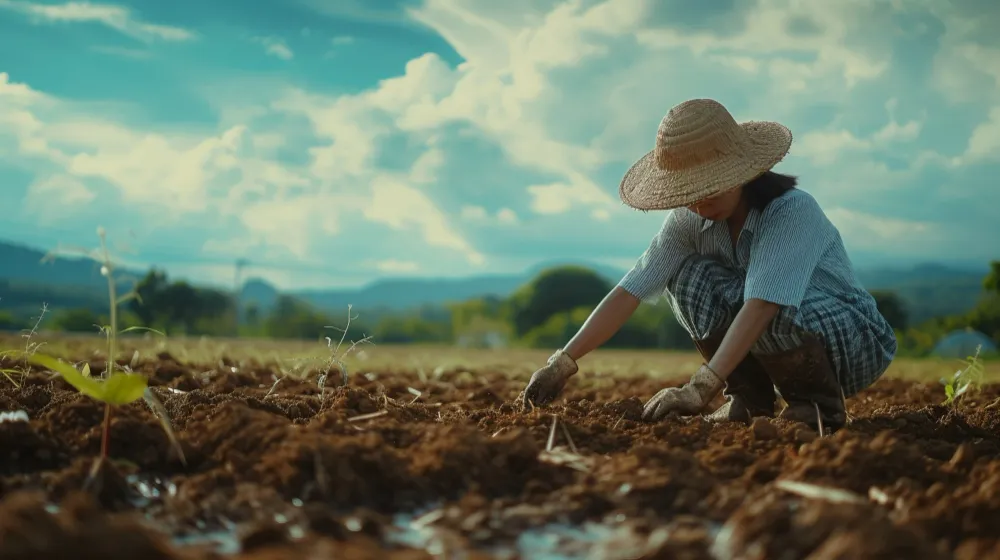
Sustainable land management focuses on practices that maintain or improve land productivity without depleting resources or causing environmental harm.
This includes avoiding overgrazing, preventing deforestation, and using agroecological methods to restore degraded land.
Proper land management ensures that the land remains productive for future generations.
Low-Input Farming
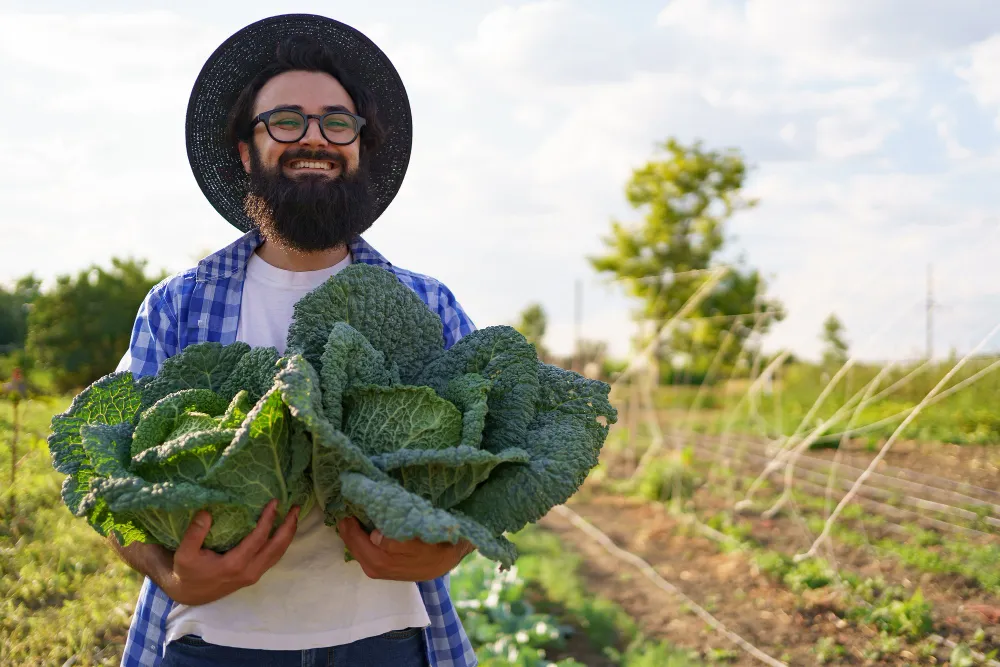
Low-input farming minimizes the use of external inputs, such as synthetic fertilizers and pesticides, by relying more on natural processes and sustainable practices.
This includes using organic matter for fertilization, utilizing crop rotation, and reducing reliance on fossil fuels.
By cutting back on costly and harmful inputs, low-input farming reduces environmental impacts and improves the resilience of the farming system.
Greenhouse Gas Reduction
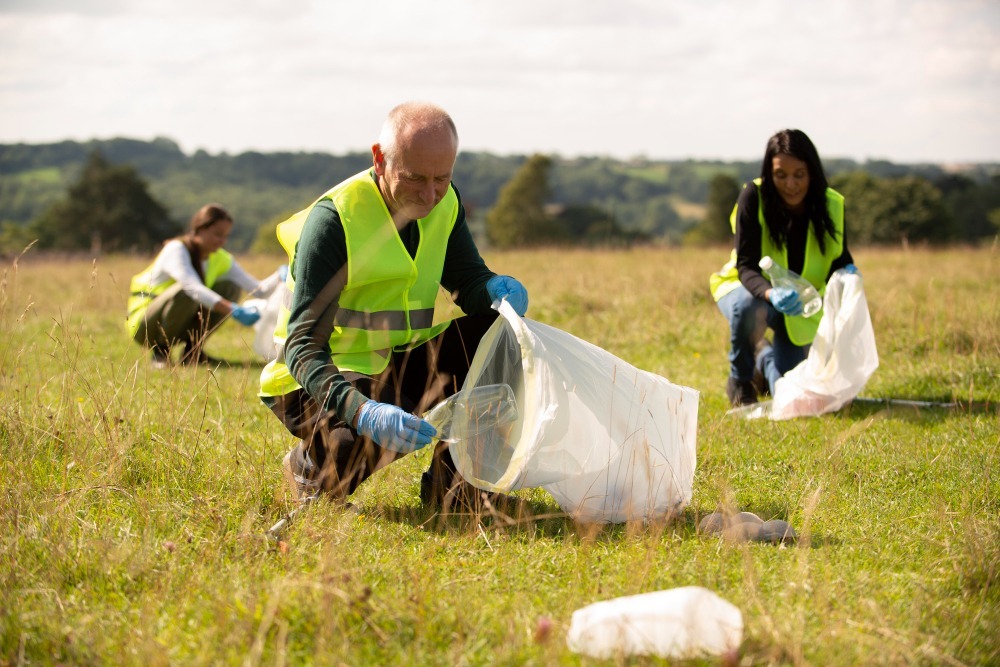
Sustainable farming practices play an essential role in reducing greenhouse gas emissions.
Practices like reducing tillage, improving livestock feed, and enhancing soil carbon sequestration can help mitigate climate change.
Sustainable farms also focus on increasing energy efficiency and reducing the carbon footprint of operations by adopting renewable energy sources and minimizing waste.
Community-Supported Agriculture (CSA)
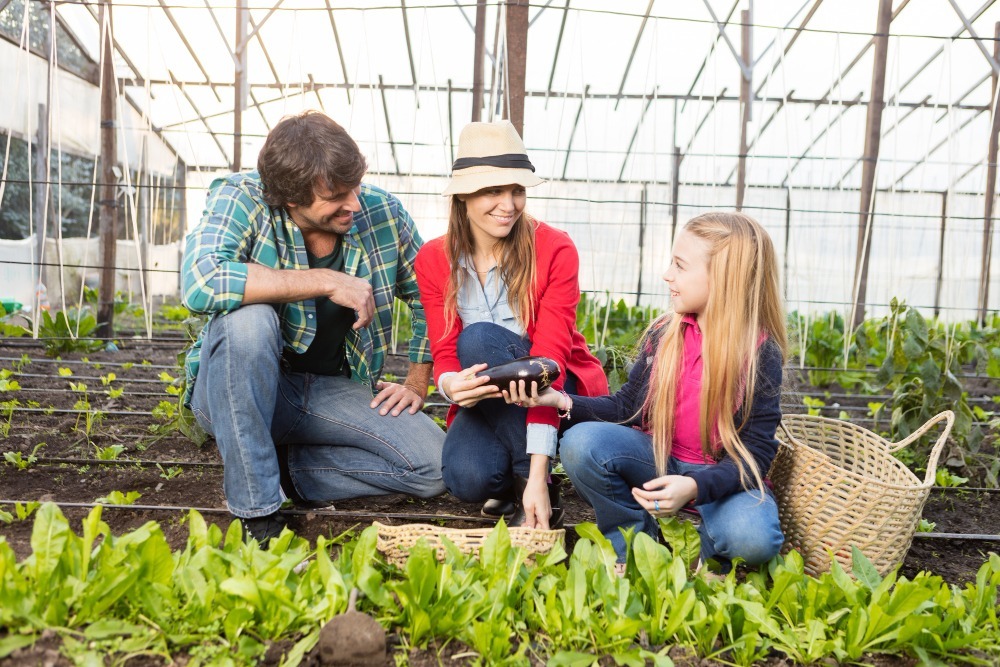
CSA is a model where consumers purchase shares of a farm’s harvest in advance, providing farmers with a steady income stream. This system fosters a stronger connection between consumers and farmers and supports local food systems.
By buying directly from farmers practicing sustainable agriculture, consumers help build a more resilient, sustainable food economy that reduces transportation costs and promotes local biodiversity.
By adopting these practices, farmers can increase sustainability, improve their economic stability, and help protect the environment for future generations.
Sustainable agriculture is not just about growing food; it’s about growing food in ways that sustain the planet and the people who depend on it.
Challenges in Adopting Sustainable Agriculture
While sustainable farming is beneficial, it can also come with challenges. The initial investment in sustainable practices can be high, and many farmers may not have the knowledge or resources to make the transition.
However, with the right support and education, these challenges can be overcome. At Silverwoods Farms, we believe in guiding farmers and investors through the process, ensuring they can reap the long-term benefits of sustainable agriculture.
Conclusion
Sustainable agriculture is the future of farming. By implementing practices like crop rotation, organic farming, agroforestry, and water conservation, we can create a food system that supports the environment, the economy, and our communities.
At Sanjeevani Farms, we are proud to practice and promote these methods, ensuring that our land remains productive and healthy for generations to come. If you’re looking to invest in farmland that adopts sustainable practices and offers long-term growth potential, look no further than Silverwoods Farms managed farmland.
Contact us now to be part of our mission to create a greener, more sustainable future for agriculture and make a meaningful impact on the planet. Together, we can shape the future of farming for generations to come.
FAQs
What are the financial benefits of sustainable farming?
Sustainable farming practices can lead to reduced input costs, such as fertilizers and pesticides. Over time, healthy soil and efficient resource use result in higher, more consistent yields, leading to better profitability for farmers.
How does sustainable farming help combat climate change?
Sustainable farming reduces greenhouse gas emissions, improves carbon sequestration in soil, and conserves water resources. Practices like agroforestry and organic farming help lower the carbon footprint, combating global warming effectively.
Are there any downsides to sustainable agriculture?
Initial investment costs can be high, and transitioning to sustainable methods may require new knowledge or training. However, the long-term environmental and financial benefits make it a worthwhile investment for farmers.
Can consumers make a difference in supporting sustainable agriculture?
Yes, consumers can support sustainable farming by purchasing organic, locally grown products and reducing food waste. These choices encourage more farmers to adopt environmentally friendly practices, boosting demand for sustainable agriculture.
What technologies are driving sustainable agriculture forward?
Technologies like precision farming, drones, and sensors help optimize resource use, such as water, fertilizer, and pesticides. These innovations allow farmers to increase yields while minimizing environmental impact, making farming more efficient.
What role does biodiversity play in sustainable agriculture?
Biodiversity helps strengthen ecosystems by encouraging natural pest control, improving soil health, and promoting resilience against diseases. By fostering biodiversity, sustainable farms are more robust and can adapt better to changing conditions.
How does crop rotation benefit the soil?
Crop rotation helps prevent soil depletion by varying the nutrients taken from the soil. It also disrupts pest and disease cycles, reducing the need for chemicals, and improves overall soil fertility and structure.
What is the importance of water conservation in farming?
Water conservation ensures that farmers use water efficiently, reducing waste and protecting this valuable resource. Techniques like drip irrigation and rainwater harvesting are essential for maintaining sustainable water usage in agriculture.
How does organic farming improve food quality?
Organic farming avoids synthetic chemicals, resulting in produce that’s healthier and more nutritious. By focusing on soil health and using natural fertilizers, organic farming leads to richer, more flavorful food free from harmful pesticides.

